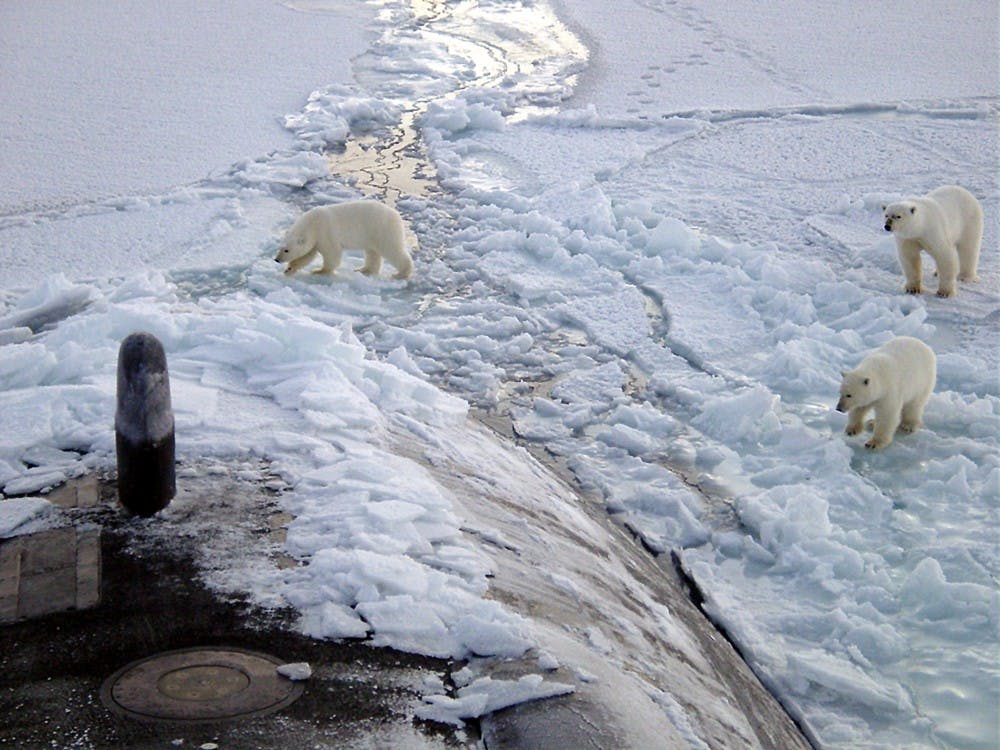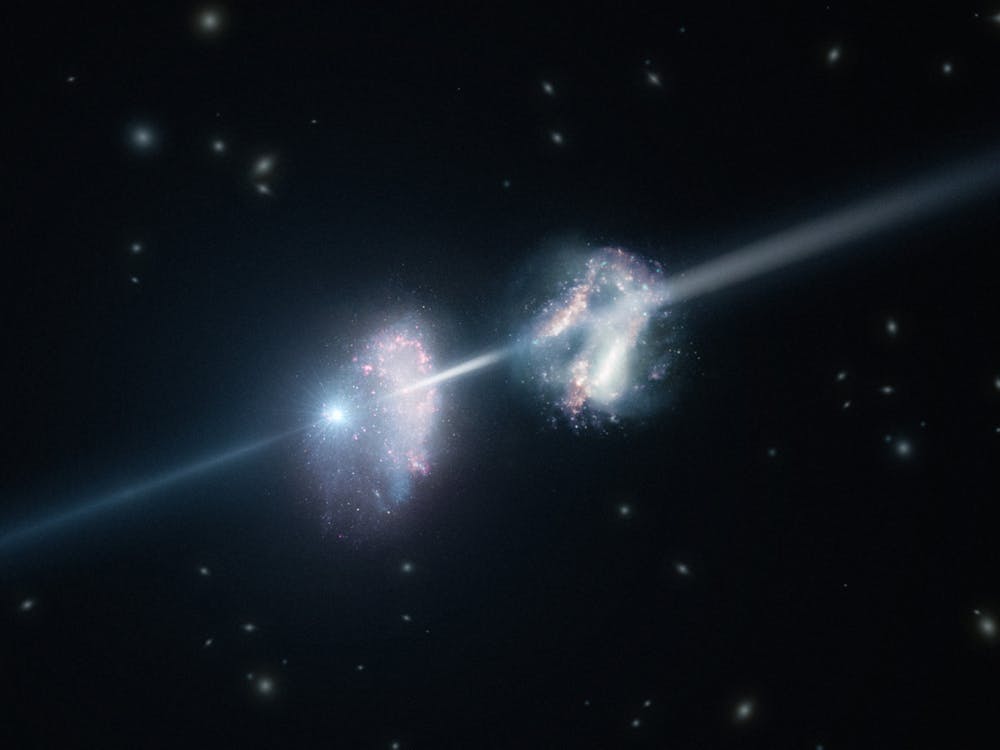For the millions who live in the eastern half of the country, this winter has been especially extreme.
While multiple blizzards over the past few months have led some to claim that these frequent storms provide counterevidence for global warming, ironically, new research has shown otherwise. A new study from Rutgers University has linked this extreme winter in the U.S. with warm conditions in the Arctic.
Beginning with a huge winter storm in early December, which brought nearly 25 inches of snow to some places in the southeast and left nearly half a million people without power, this past winter has been both severe and persistent.
Following the December storm, a severe blizzard coming only days after New Years brought freezing precipitation to Georgia and Florida
The storm continued through the east coast, leading to over 4,000 flight cancellations and at least eight car-crash-related deaths. This was the most significant storm that month, but there were two lesser storms that followed on the east coast in January.
While the month of February brought warmer conditions, the coldness only escalated in March. In the past few weeks, there have been four major nor’easter storms, or winter cyclones, with two of them occurring in the first week of the month.
The storms brought multiple feet of snow and rain and ultimately led to the cancellation of thousands of flights. For Baltimoreans, the most strongly felt winter storm this year was named “Toby,” which brought enough snow to close down the majority of the City on March 21.
As ironic as it may seem, researchers are beginning to believe that these unusual winter conditions on the east coast are related to the warming of the Arctic.
According to Jennifer Francis, a research professor of Marine and Coastal Sciences at Rutgers School of Environmental and Biological Sciences, there is a clear and logical connection between the two events.
When the warming of the Arctic extends into the stratosphere, the Arctic’s polar vortex, an area of low pressure and cold, dense air, can be disrupted or split, subsequently moving southward and resulting in colder than usual conditions on the east coast.
Francis noted that warm temperatures in the Arctic culminated in irregular jet stream activities, causing it to swing farther south with cold air.
“These swings tend to hang around for awhile, so the weather we have in the eastern United States, whether it’s cold or warm, tends to stay with us longer,” Francis said in a press release.
In Francis and Judah Cohen’s study, they found that severe winter on the east coast is more than twice as likely when the Arctic is unusually warm.
Furthermore, the study showed that severe winter is more than twice as likely on the west coast when the Arctic is unusually cold.
With this phenomena in mind, the importance of taking care of global warming is further heightened.
In an interview with The News-Letter, freshman Julianna Feng shared that she did not find the correlation between the two events to be too surprising.
“We’ve had quite a few other disasters in the last couple of months, so I really don’t think anyone finds this phenomena to be out of the blue,” Feng said. “Frankly, no one likes hurricanes or snow storms, so it’s probably a good idea to start focusing more efforts on the issue.”
Feng also mentioned Hopkins’ current environmental initiatives, such as the many recycle and compost options around campus, and how she believes that these initiatives should be further spread to the community around us.
“A lot of the work definitely lies in just spreading our college initiative around Baltimore; a conscious city can make a much larger impact than a conscious campus,” Feng said.























Please note All comments are eligible for publication in The News-Letter.